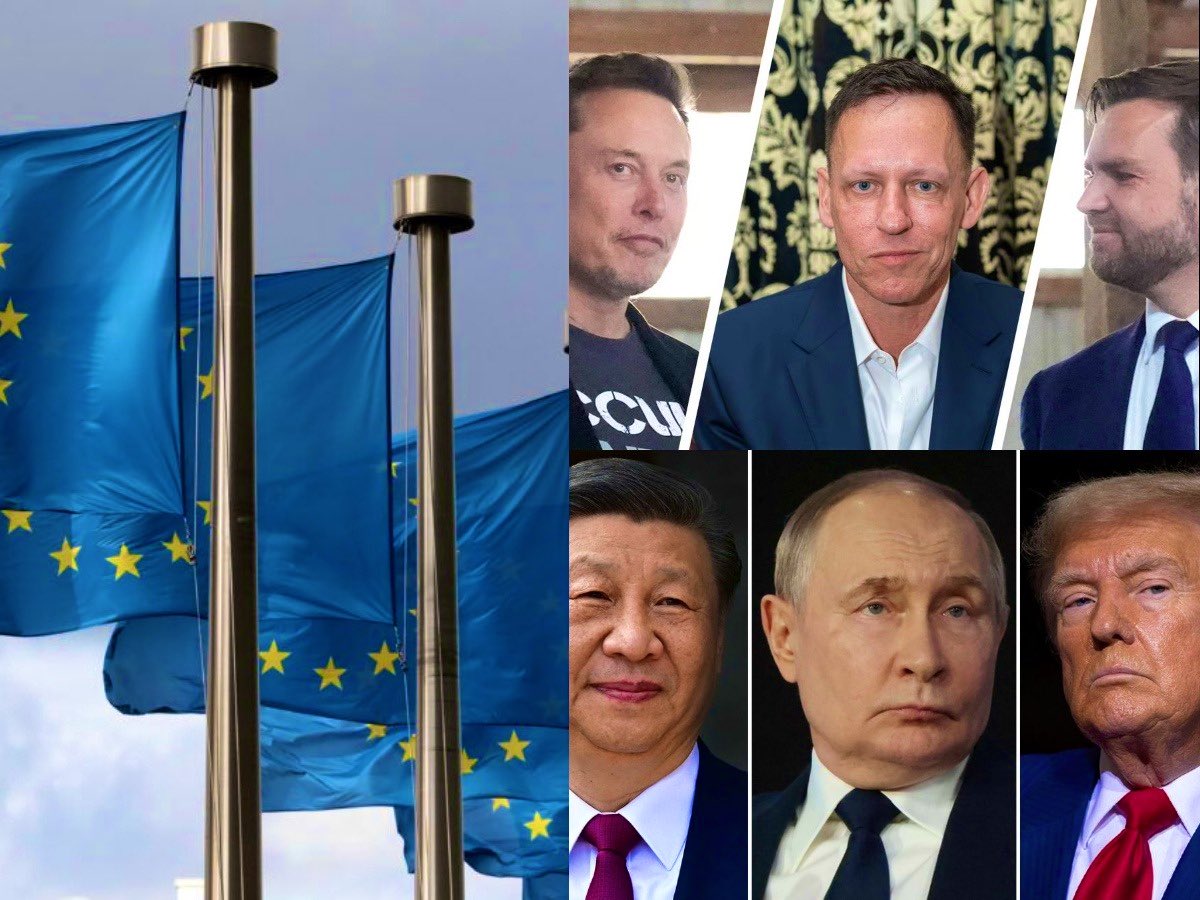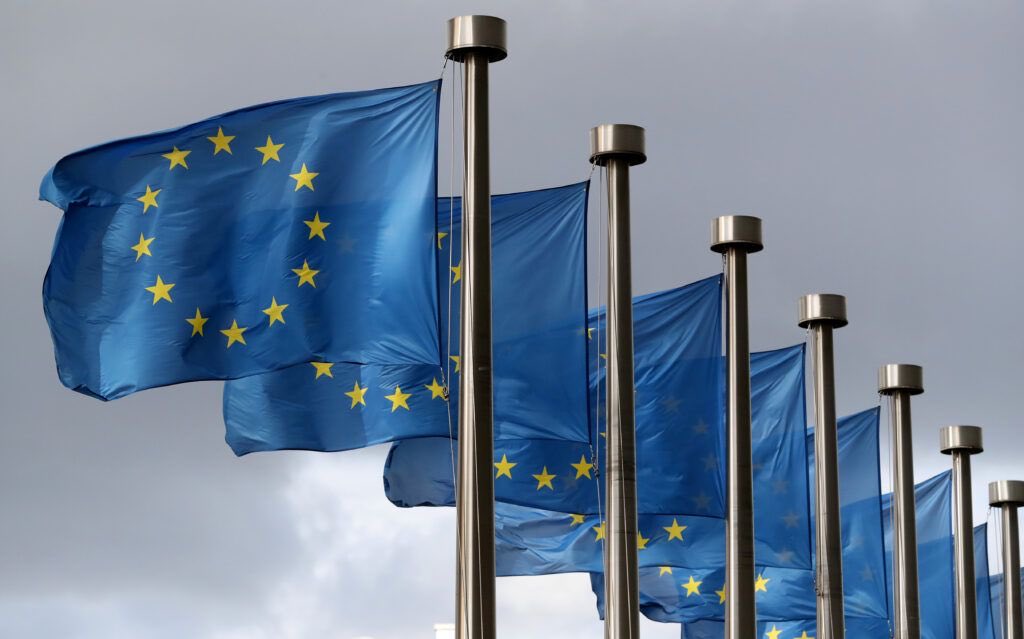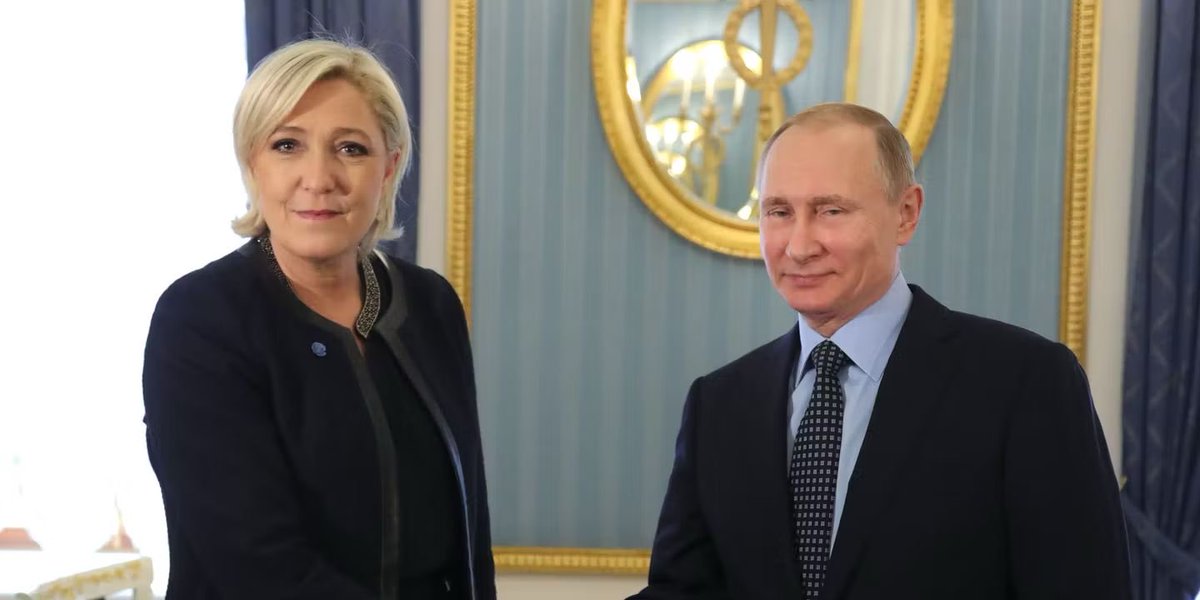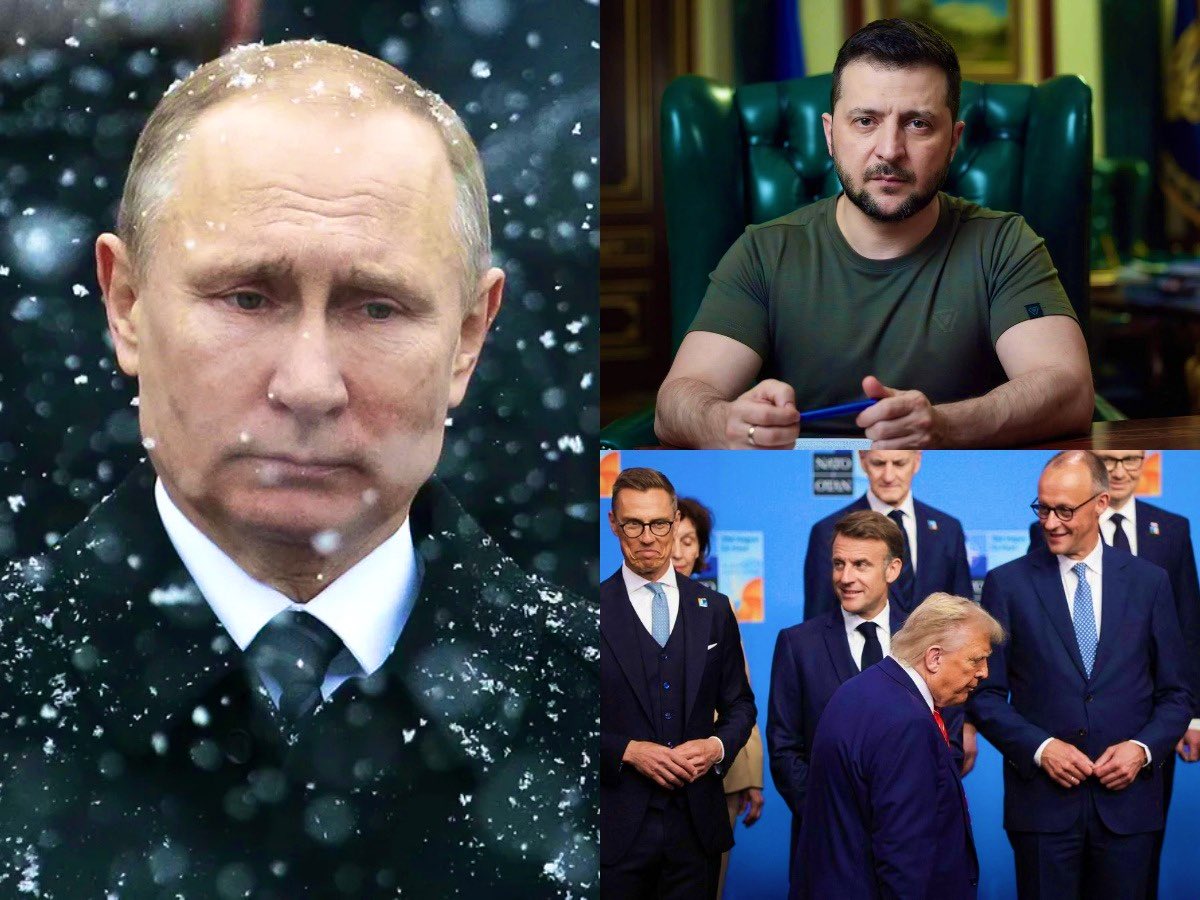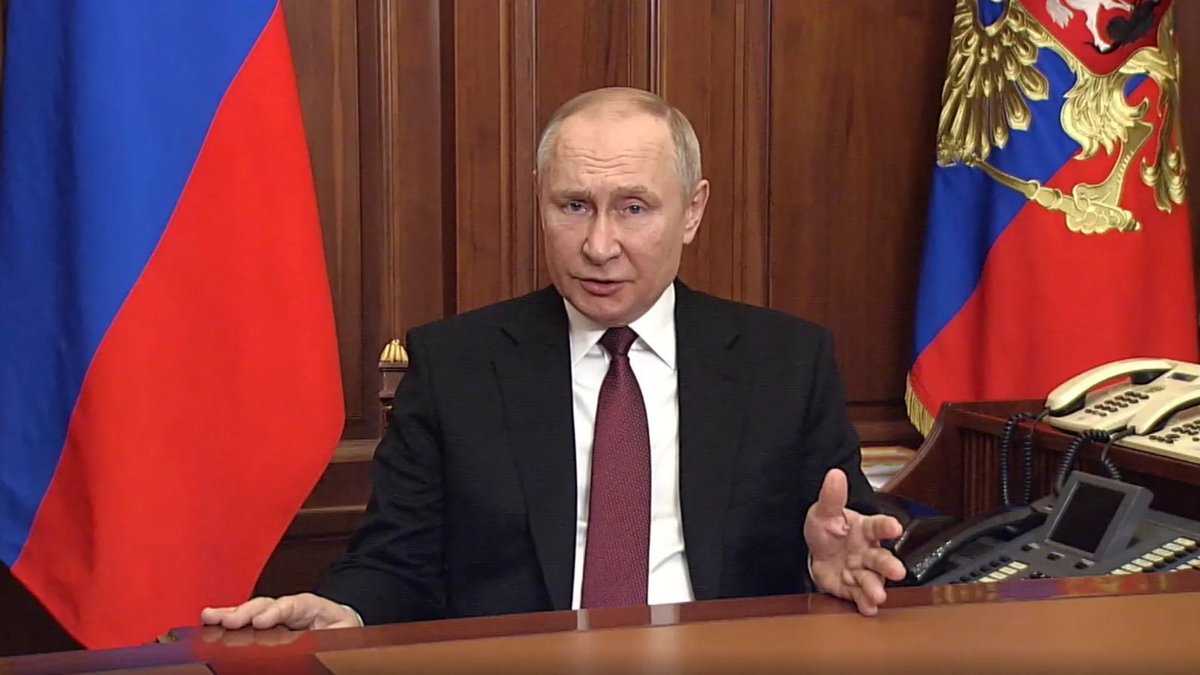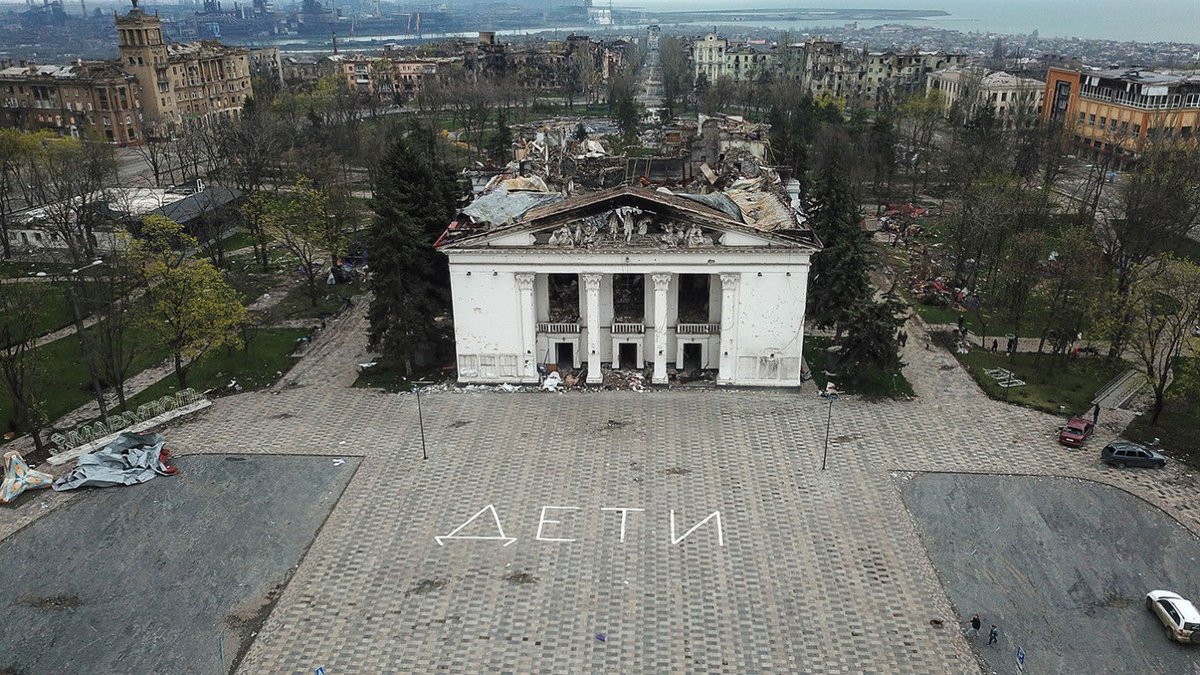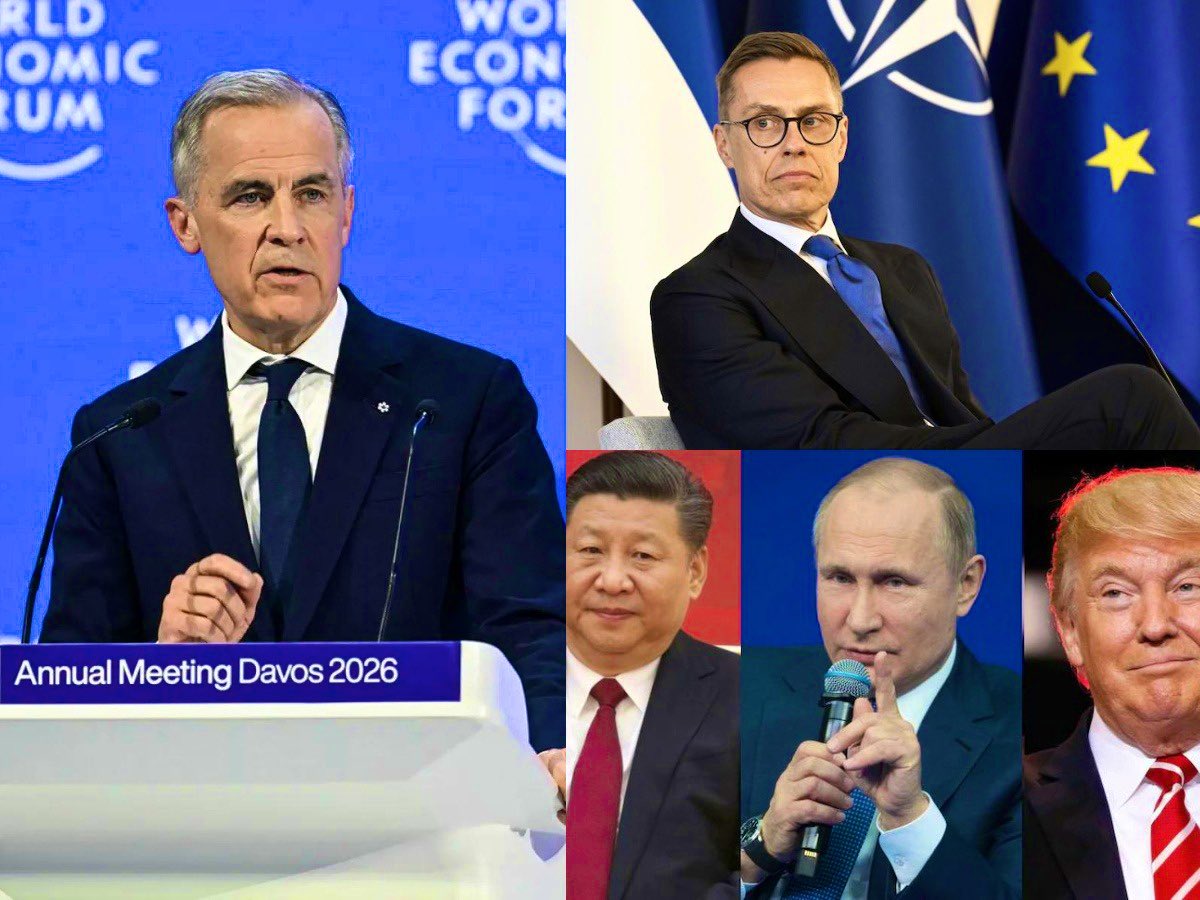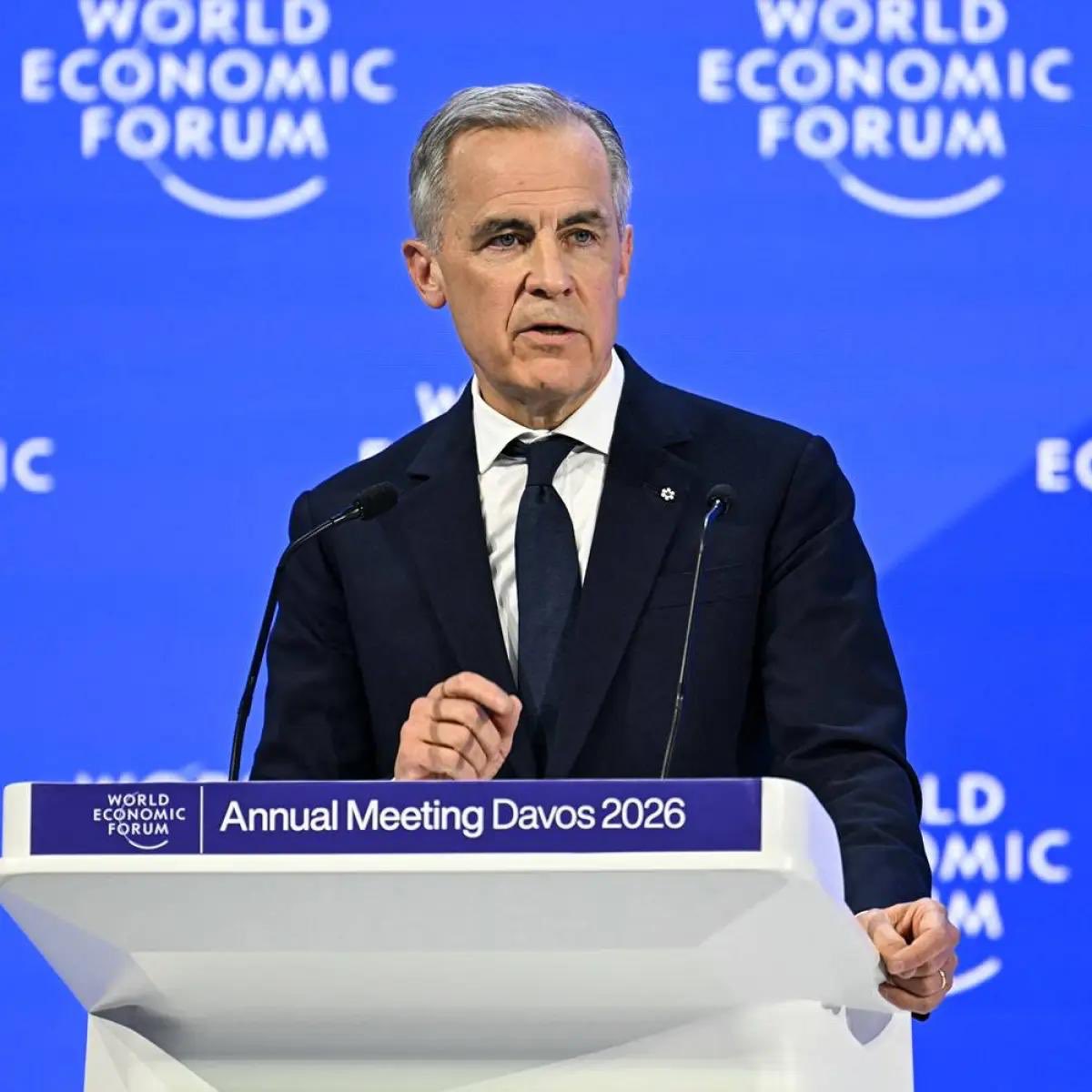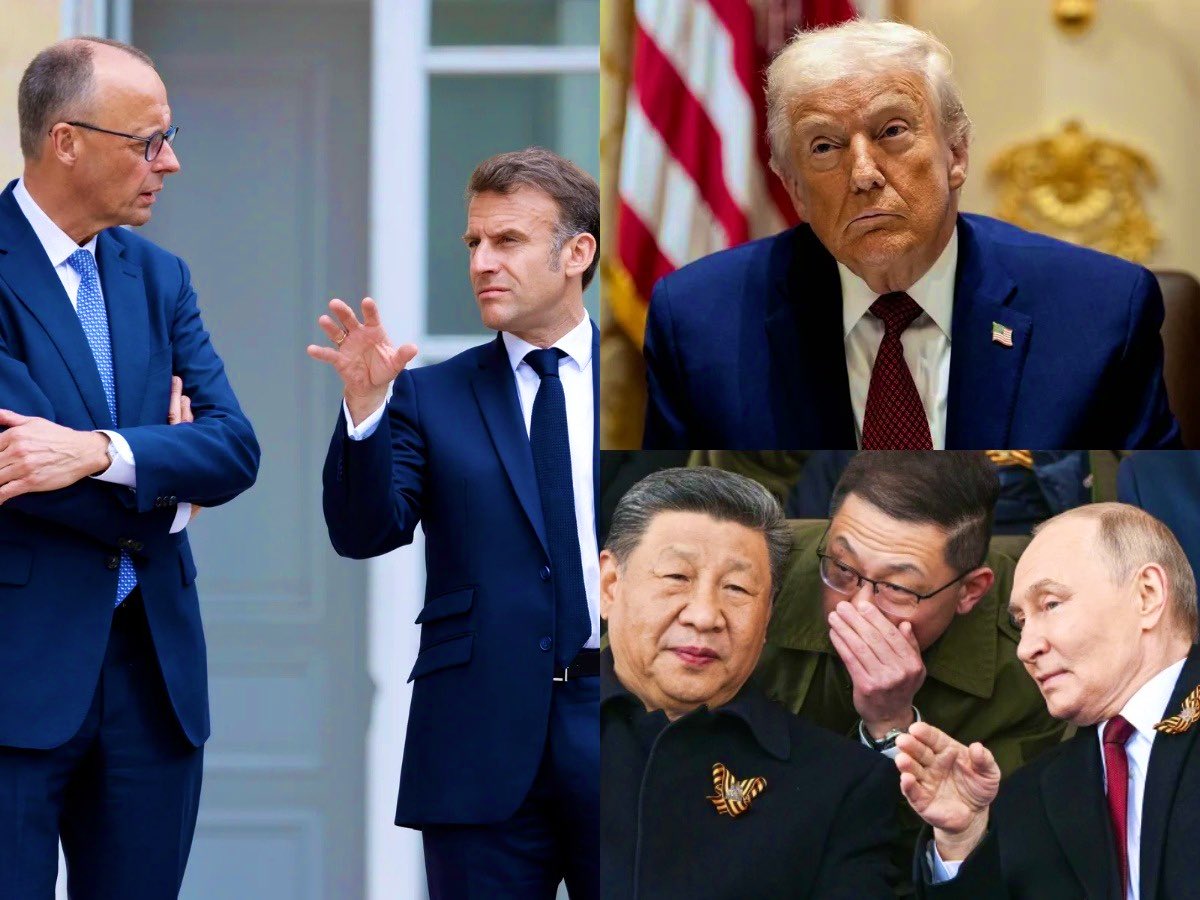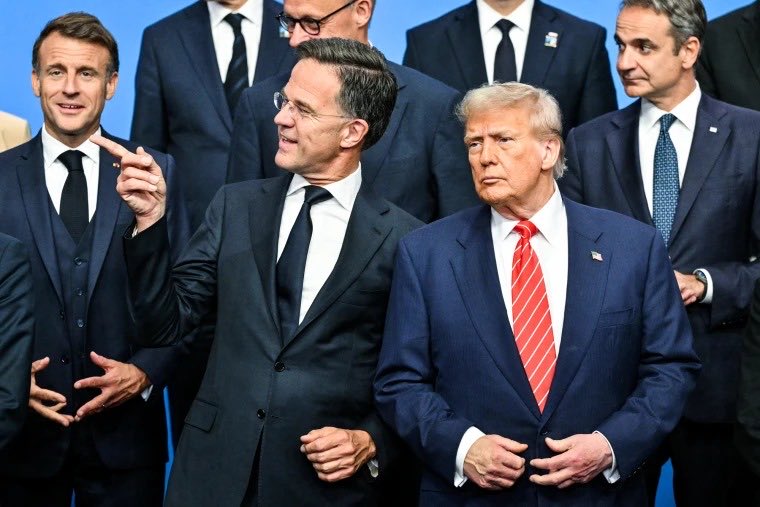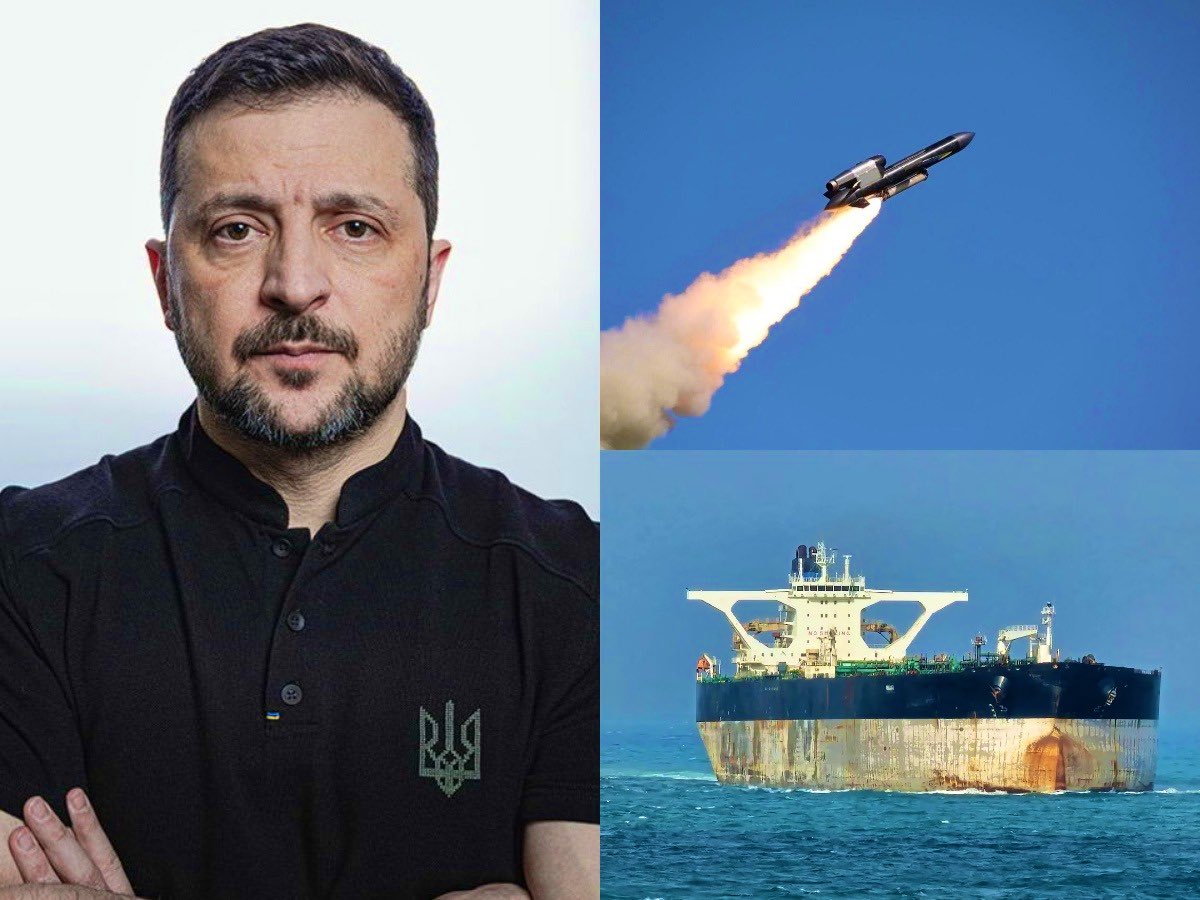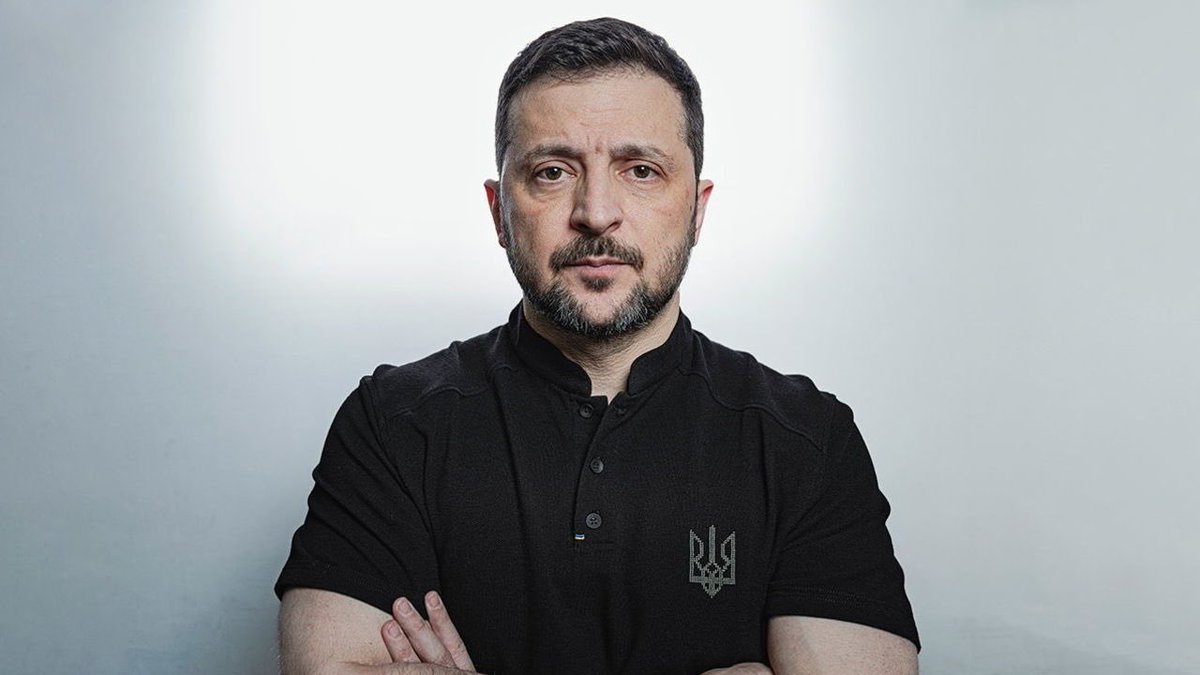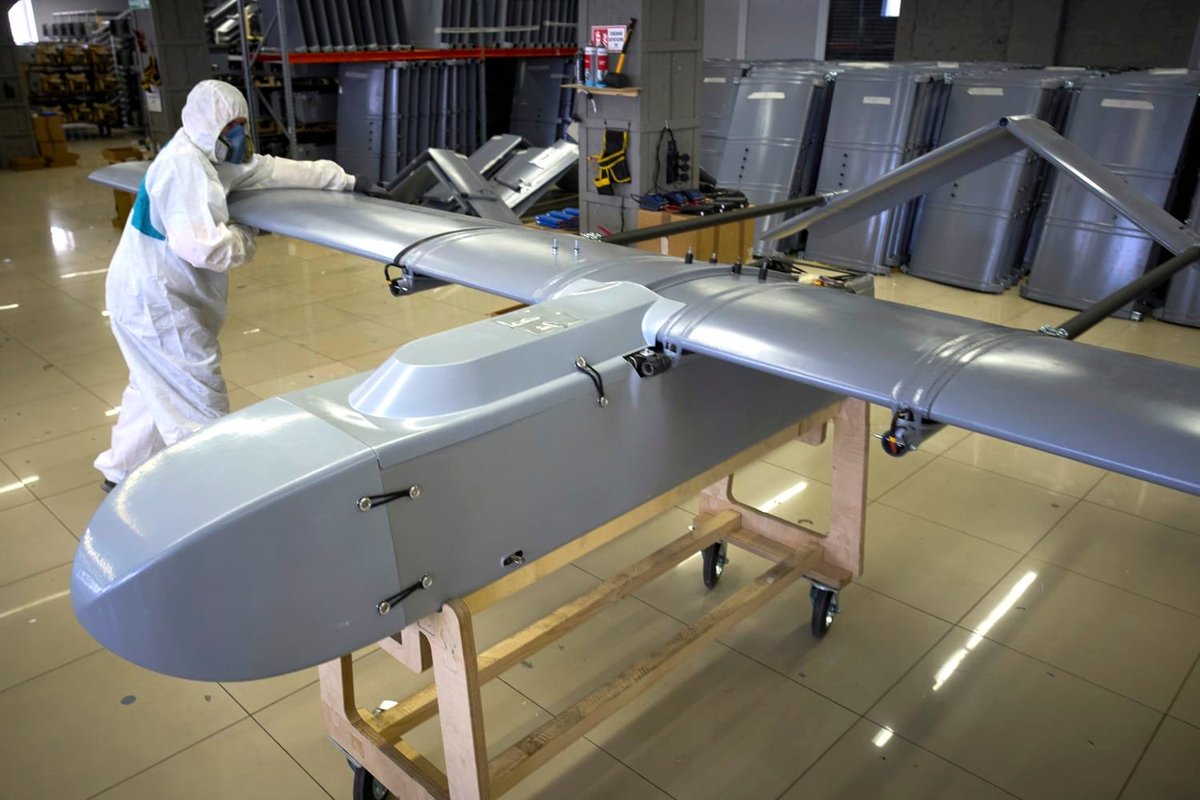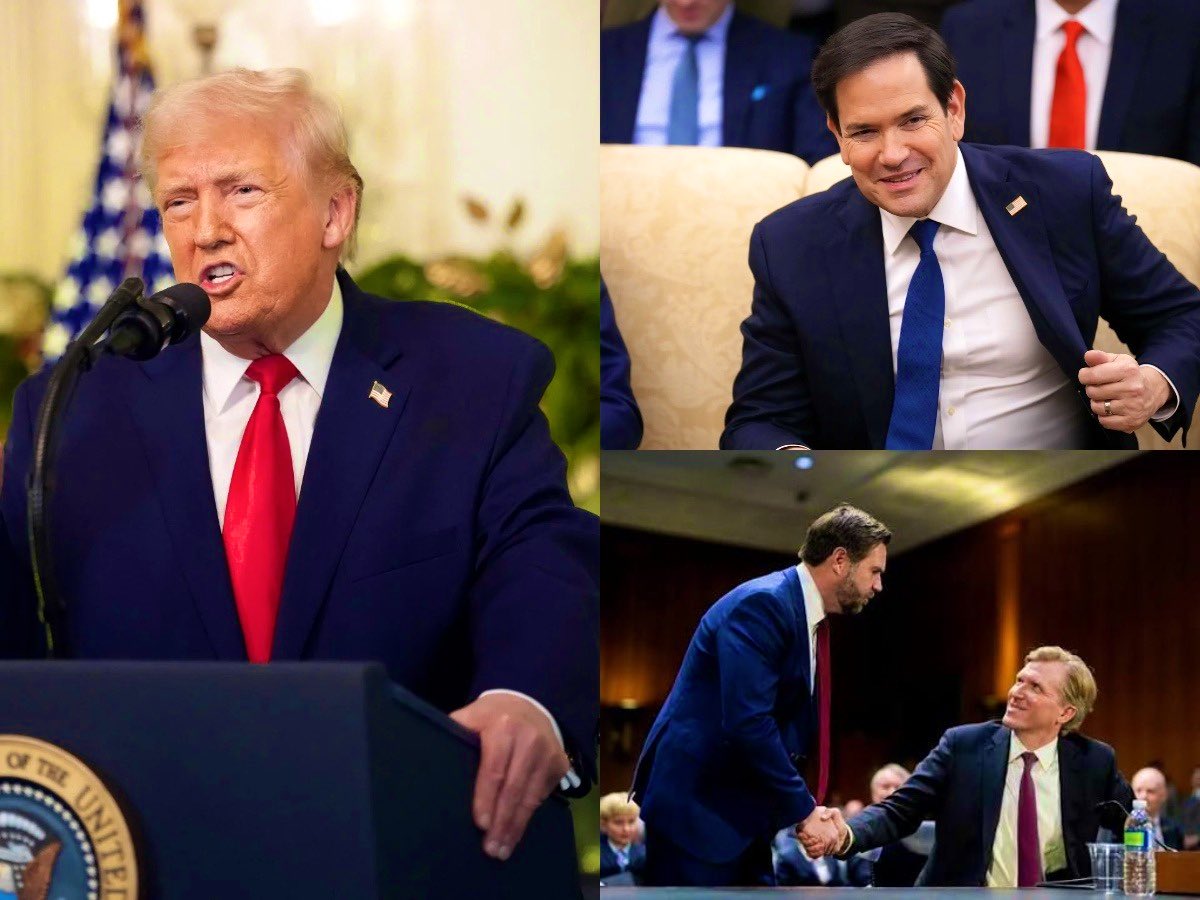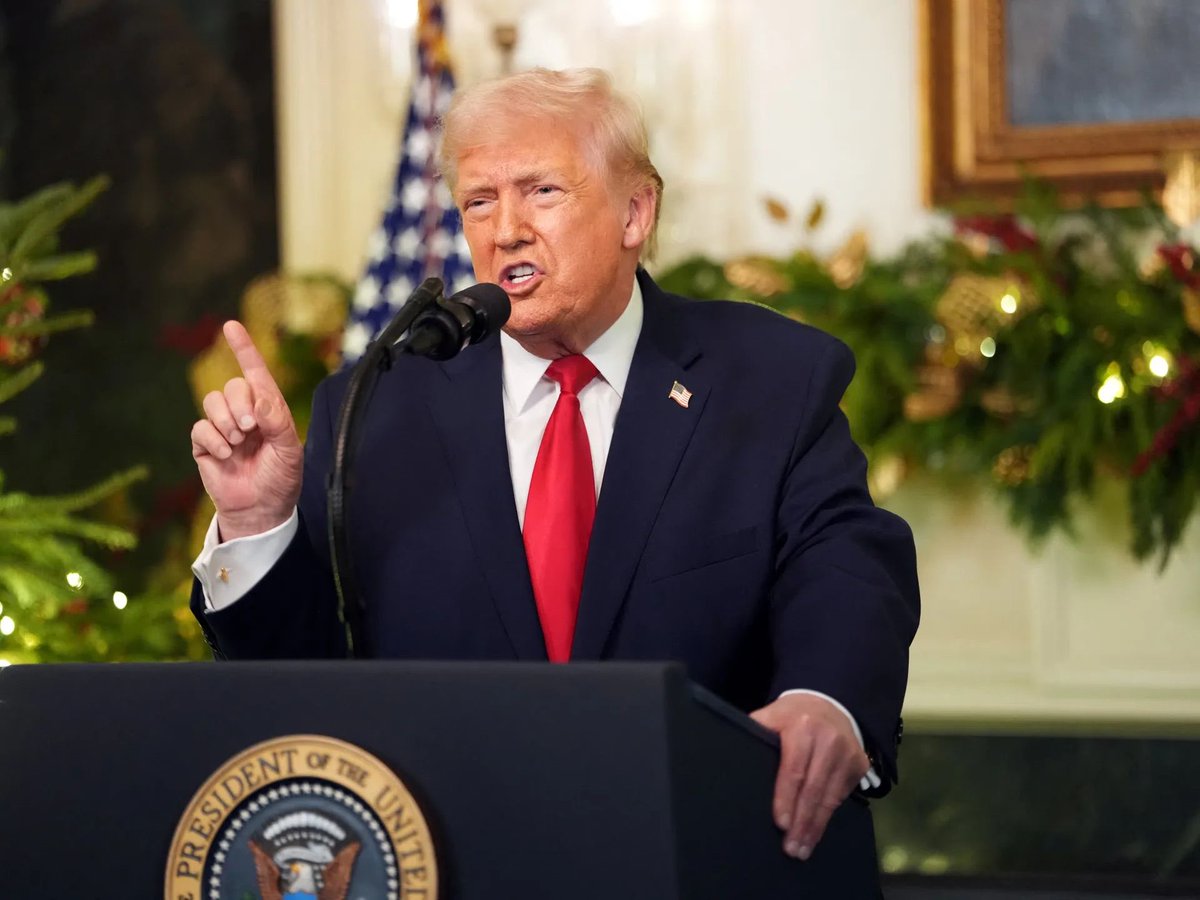1/9 Lessons learned: On day 10 of the Kursk operation, russia is still struggling to stabilize the front, while Ukraine continues to advance. It is clear that Ukraine has incorporated many lessons from its previous counteroffensives and incursions. 

2/9 Ukraine has evidently learned from its past counteroffensives and incursions. Being able to analyze mistakes and rectify them is crucial, and this serves as a prime example of that. 

3/9 The Kursk operation is in several ways reminiscent of the Kharkiv counteroffensive. The atmosphere is similar, as both were unexpected and rapid offensives that took the russians by surprise when they were not anticipating an attack. 

4/9 In comparison to the Kharkiv counteroffensive, which was quite successful but executed with limited equipment and manpower, the momentum faded quickly. It will be intriguing to observe whether a similar outcome occurs in Kursk. 

5/9 In contrast to the 2023 counteroffensive, this one was much less anticipated, featured significantly better operational security, was more surprising, and took place in more favorable terrain. Overall, it simply makes much more sense. 

6/9 Electronic warfare has greatly aided Ukraine in countering russian FPV drones in this instance, unlike during the summer offensive in 2023. 

7/9 This was also evident in Krynky, where russia claimed it was unable to deploy drones due to Ukrainian electronic warfare when the Ukrainians crossed the river. The experiences from Krynky and the rapid incursions into russia are also benefiting Ukraine now. 

8/9 Ukraine has assessed what was effective and what was not in the past, applying those insights to initiate the operation in Kursk. The initial phases have been highly successful. Let's hope that the current and upcoming phases continue to perform equally well. 

• • •
Missing some Tweet in this thread? You can try to
force a refresh



